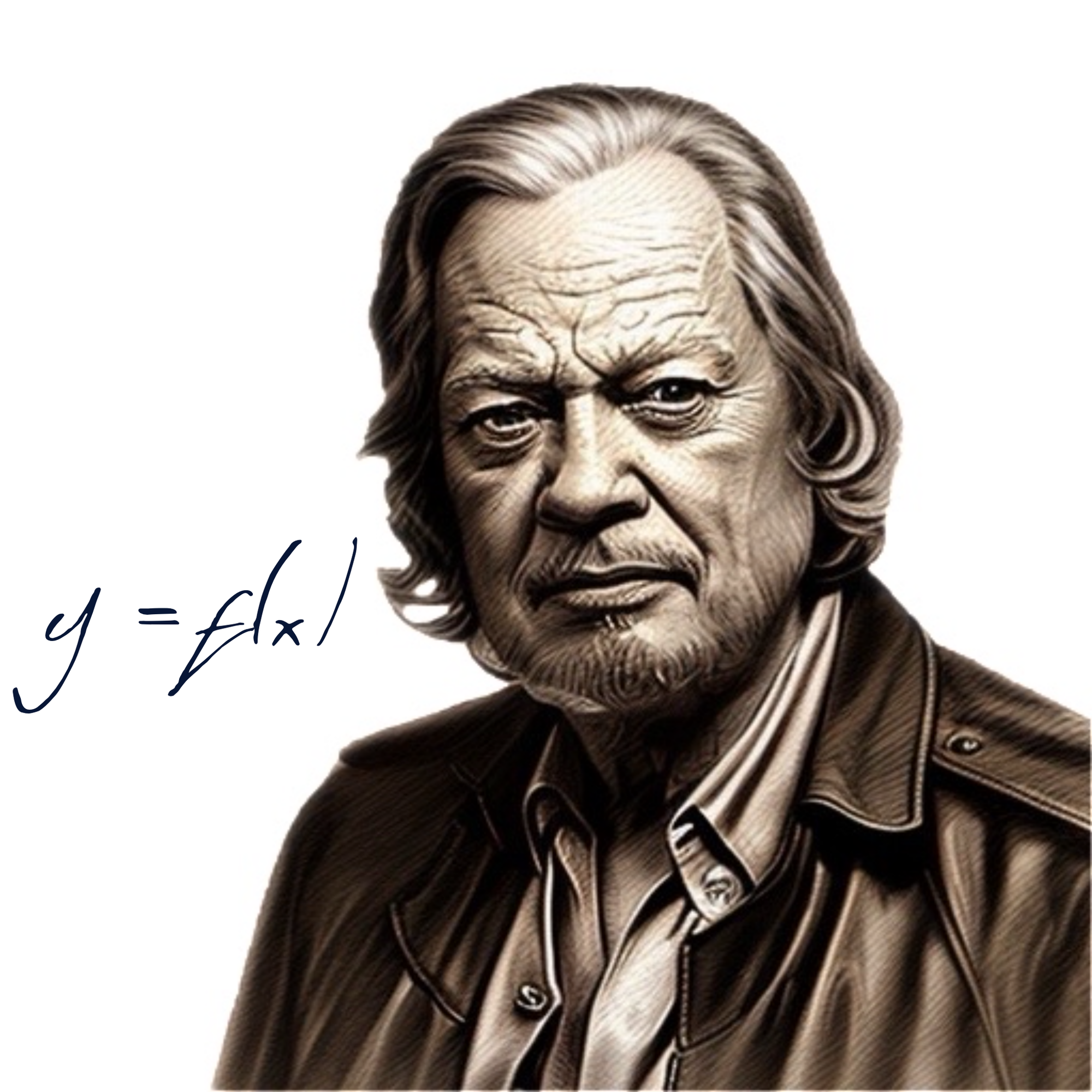Table of Contents
In one view, we have an economy to reward virtue, to separate the winners from the losers, to show the natural order of things. Someone who has accumulated 40 billion in wealth surpasses the mere billionaire, who surpasses the paltry millionaire, who may look down on little people with only a couple of hundred thou’, all tied up in a home. Finally, even those little people are grateful that, unlike most, they have enough in the bank to meet a $400 emergency.
In this view, inequality is not a defect at all, it’s the whole point.
Another view is that the economy exists to do many things.
- Provide food, shelter, health care, and purposeful activity
- Innovate
- Produce the surplus needed to provide for non-market goods, like public safety, public health, basic research, among others
- Adapt to external changes, such as, for one example, climate
- Adapt to internal changes, such as demographic shifts
Underlying both views are very different concepts of capital, accumulated wealth:
Capital is a score to be run up and displayed: it is wealth at rest
or
Capital enables risk management of the economy
The political economy agenda of one view is the economy exists to promote the concentration of wealth to be put to rest in risk-free investment. The other agenda is that accumulated wealth exists to finance risks of innovation and external, internal and intrinsic risks inherent in a decentralized system of production and consumption.
The current static view of capital and the economy has had a 40-year streak. It may not yet be nearing its end, but there is little juice left to be squeezed from that lemon. The dynamic view, by contrast has started being forced upon us by
- bits of RNA in the form of a virus,
- the prospective loss of cheap Chinese labor
- the struggle to control untapped cheap labor in other regions
- the relentless feed-forward loop of energy externalities to climate change
- the decay of the patriarchal model of the family-society
- cross border population shifts at scale
The challenge is to watch what the economy does, not how it’s described. Like Augustus preserving the forms of the Roman Republic, the forms of American exceptionalism, know-how, stand-alone independence, rugged individualism and unique competitiveness will persist. The new gods will be worshiped by the names of the old.
Assuming, of course, Reagonomics does not become Putinomics under a MAGA regime (whether headed by Agent Orange or a player to be named). Then we have a rigged economy that is fueled by baksheesh. The new god will be the Capo di Oligarchs and no fairy tale about an economy in service of the greater good will be necessary.









